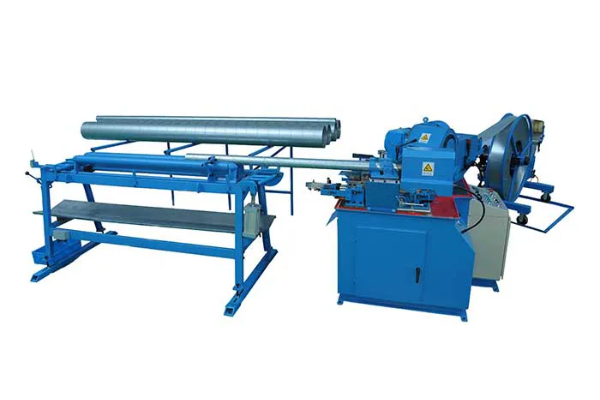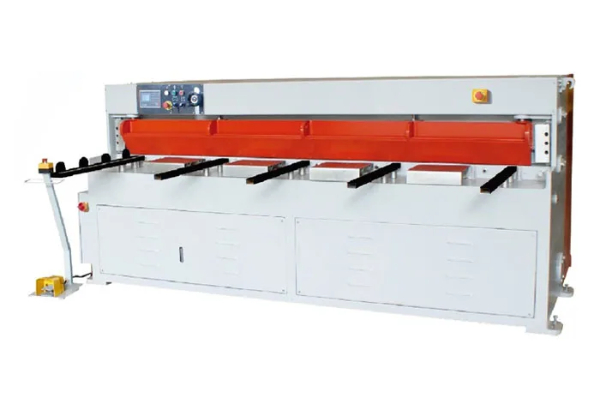
How to Choose the Right Metal Bending Machine for Your Workshop
- By:Metmac
- 2024-05-21
- 121
In the competitive landscape of metal fabrication, choosing the right metal bending machine is crucial. It can streamline your workflow, enhance precision, and maximize productivity. Whether you’re a seasoned professional or just starting out, this comprehensive guide will empower you to make the best decision for your workshop.
Types of Metal Bending Machines
Manual Benders
Manual benders, as the name suggests, are operated manually. They offer portability and affordability, making them ideal for hobbyists or occasional use. However, they are limited in terms of precision and bending capacity.
Hydraulic Benders
Hydraulic benders utilize hydraulic pressure to bend metal, providing superior force and precision. They are available in various capacities and can handle heavier materials. However, they are bulkier and require more maintenance than manual benders.
Electric Benders
Electric benders use an electric motor to power the bending operation. They offer a combination of power and portability, making them suitable for workshops with limited space. However, they may have lower bending capacities than hydraulic benders.
Factors to Consider
Bending Capacity
Determine the maximum thickness and width of metal you need to bend. Choose a machine with a bending capacity that exceeds your current and potential future requirements.
Bending Angle
Consider the range of bending angles you need to achieve. Some machines offer a wide bending angle range, while others may be limited to specific angles.
Precision
Precision is crucial for intricate bending operations. High-precision machines use advanced technology to ensure accurate and consistent bends.
Speed and Efficiency
If time is a factor, consider the bending speed and efficiency of the machine. Faster machines can reduce cycle times and improve productivity.
Safety Features
Safety is paramount in any workshop. Choose a machine that incorporates safety features such as emergency stop buttons, guards, and foot pedals.
Portability
If you need to move your bending machine frequently, consider its portability. Lightweight and compact machines are easier to transport and set up.
Cost and Maintenance
Cost is an important factor, but it’s equally essential to consider ongoing maintenance costs. Choose a machine that offers a good balance between affordability and maintenance requirements.
Conclusion
Choosing the right metal bending machine for your workshop requires careful consideration of various factors. By understanding the types of machines available, assessing your specific needs, and prioritizing the factors that matter most, you can make an informed decision that will optimize your workflow and propel your metal fabrication business to new heights.
-
Reliable Sheet Metal Equipment for Sale to Support Precision Fabrication
2025/07/17 -
Advanced Duct Machine AC and Fabrication Solutions from Metmac
2025/07/12 -
The Advantages of Using a Sheet Roll Forming Machine in Manufacturing
2024/09/14 -
How to Optimize Your Laser Sheet Cutting Machine for Maximum Performance
2024/09/12
-
Efficient Sheet Metal Laser Cutting and Press Brake Solutions
2025/08/20 -
Advanced Sheet Metal Roll Forming Machines and Laser Cutting Solutions
2025/08/20 -
High-Performance Sheet Forming Machines for Industrial Applications
2025/08/20 -
Precision Steel Sheet Cutting and Bending Machines for Modern Metalworking
2025/08/14
-
A Guide to the Latest Innovations in Sheet Metal Folding Machines
2024/11/29 -
Key Features to Consider When Investing in a Sheet Metal Folding Machine
2024/11/28 -
Enhancing Precision with Advanced Sheet Metal Folding Machines
2024/11/27 -
How to Choose the Right Sheet Metal Folding Machine for Your Workshop
2024/11/26



